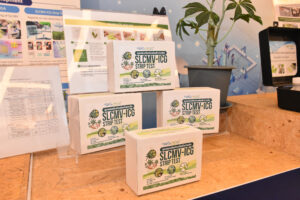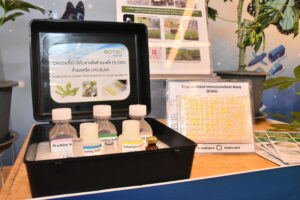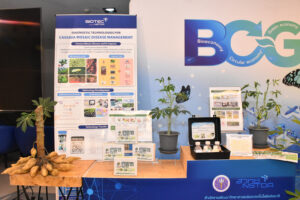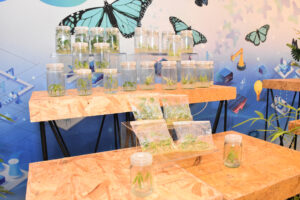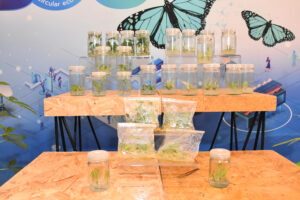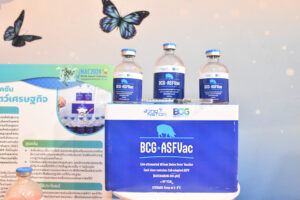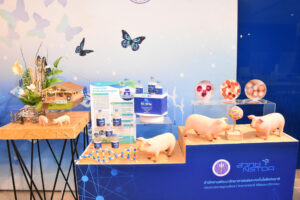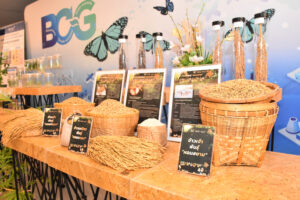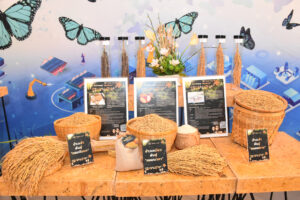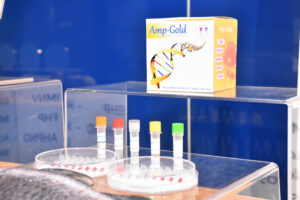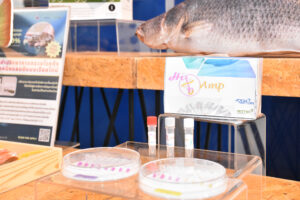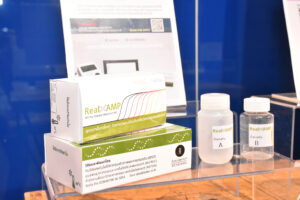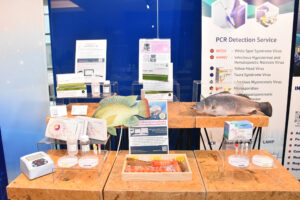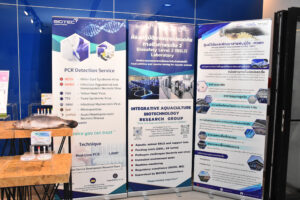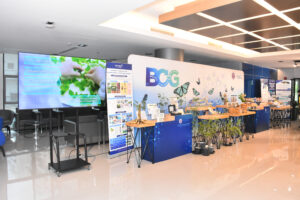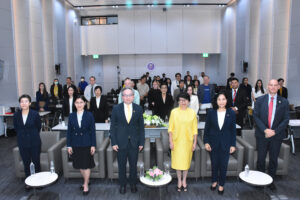
21/05/2024, Bangkok – A high-level meeting to explore diverse bioeconomy opportunities and collaboration mechanisms in Southeast Asia as part of the region’s move toward an agrifood system transformation, opened today in the Thai capital, Bangkok. This hybrid event, organized by the Food and Agriculture Organization of the United Nations (FAO) with the support of Thailand’s National Center for Genetic Engineering and Biotechnology (BIOTEC).
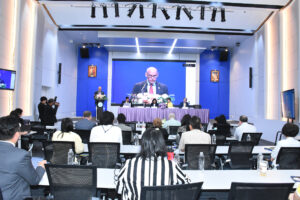
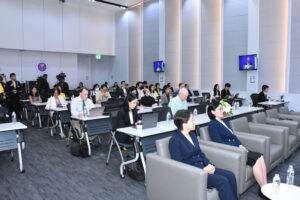
The event has attracted more than 100 high-level participants from Cambodia, Indonesia, Lao People’s Democratic Republic, Malaysia, Philippines, Singapore, Thailand and Viet Nam. The deliberations will focus on bioeconomy-related issues in all food and agricultural sectors of Southeast Asia. The aim is to assist in accelerating momentum of bioeconomy-related initiatives, to help boost and sustain growth in Southeast Asia, which is a dynamic economic hub.
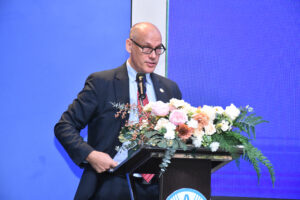
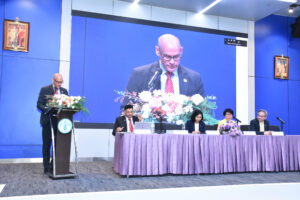
The meeting heard how bioeconomy can harness the power of bioscience, biotechnology and innovations to address different challenges. During the opening session, Robert Simpson, FAO’s Regional Programme Leader said, “We need to effectively support a thriving bioeconomy to enhance and diversify income and livelihoods of farmers. A path forward should include optimizing existing biomass use, promoting underutilized biomass, and sustainably increasing biomass production.”
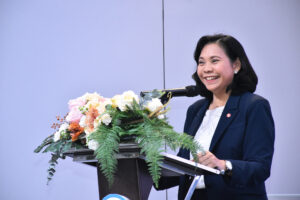
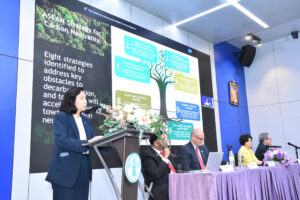
Kanchana Wanichkorn, Director of Sectoral Development, ASEAN Economic Community, ASEAN Secretariat said “The Bioeconomy offers transformative potential to sustainably redefine our agricultural and food systems.” She also shared ASEAN Bioeconomy-related policies and initiatives such as the ASEAN Carbon Neutrality Strategy, ASEAN Circular Economy Framework, ASEAN Blue Economy Framework and Action Plan for Sustainable Agriculture in ASEAN.
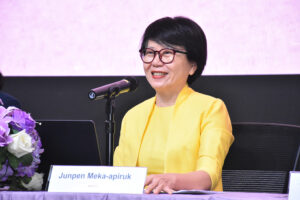
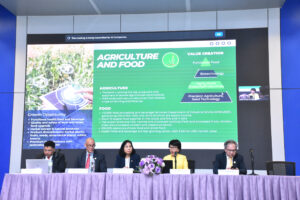
Junpen Meka-apiruk, Inspector General, Office of the Permanent Secretary, Ministry of Higher Education, Science, Research and Innovation (MHESI), Thailand explained that The Thai Government introduced the Bio-Circular-Green Economy (BCG) model as a strategy for national development and post-pandemic recovery. This model focuses on using science, technology, and innovation to leverage Thailand’s strengths in biological and cultural diversity into competitive advantages. It targets four main sectors: agriculture and food, wellness and medicine, energy, materials, and biochemicals, and tourism and the creative economy.
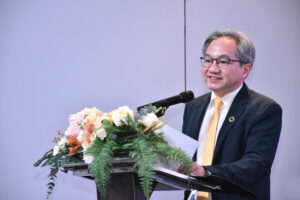
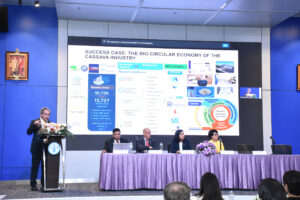
Sukit Limpijumnong, President, National Science and Technology Development Agency, Thailand emphasized the importance of bioinnovation in driving the bioeconomy. He presented highlights of bioinnovations and the national science and technology infrastructure of Thailand, showcasing how they have contributed or will contribute to accelerating bioeconomy growth in Thailand and beyond. Sukit highlighted, “By harnessing the potential of bio-innovations, we can address complex challenges and drive economic growth.
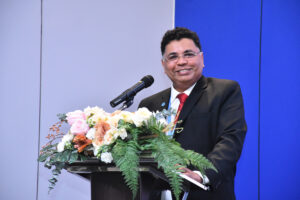
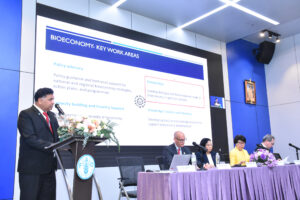
Illias Animon, FAO’s focal point for Bioeconomy for the Asia-Pacific region, highlighted the need of working more closely together with the bioeconomy partners in Southeast Asia and FAO, which is the first and, so far, the only UN agency to elevate bioeconomy as a strategic priority.
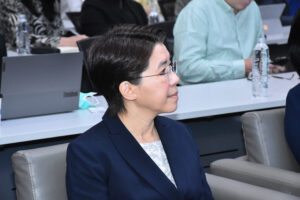
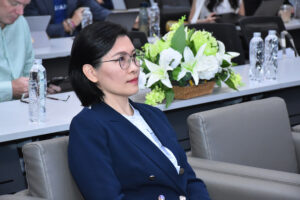
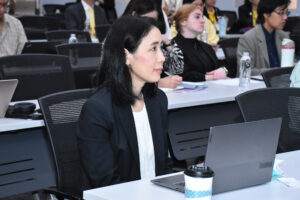
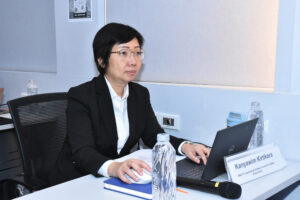
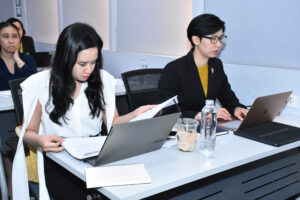
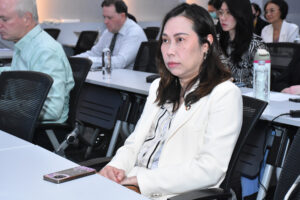
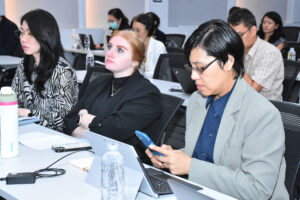
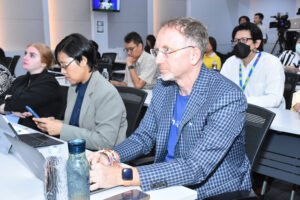
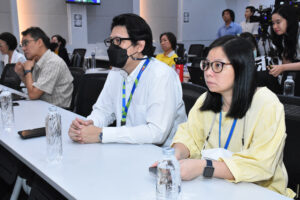
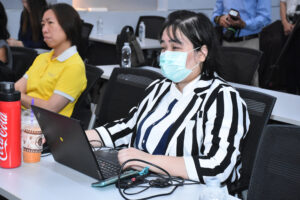
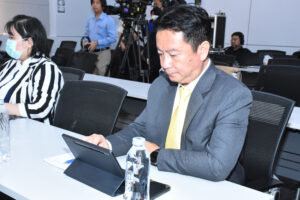
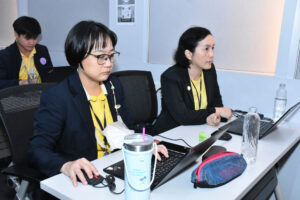
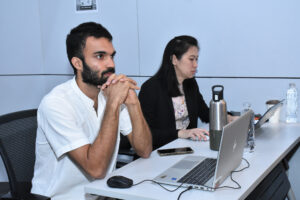
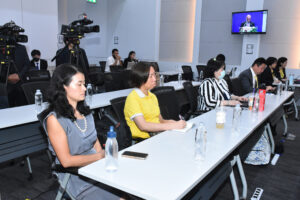
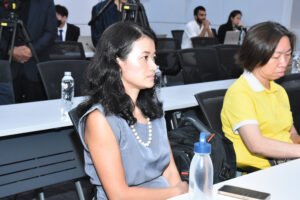
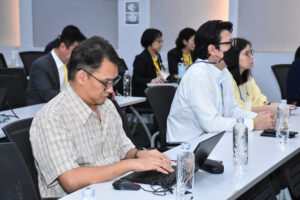
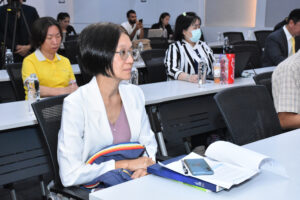
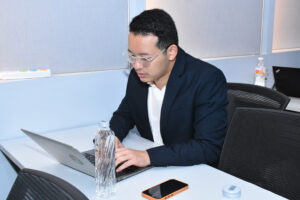
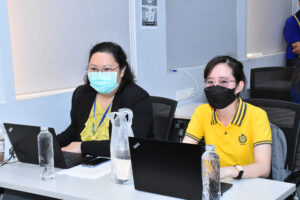
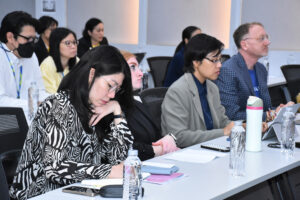
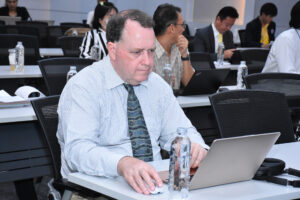
This event is the first in a series to share knowledge and discuss how to move forward with a more joint and shared vision to scale up bioeconomy in the region, including through a Regional Bioeconomy Summit in 2025, which is being discussed among partners.
